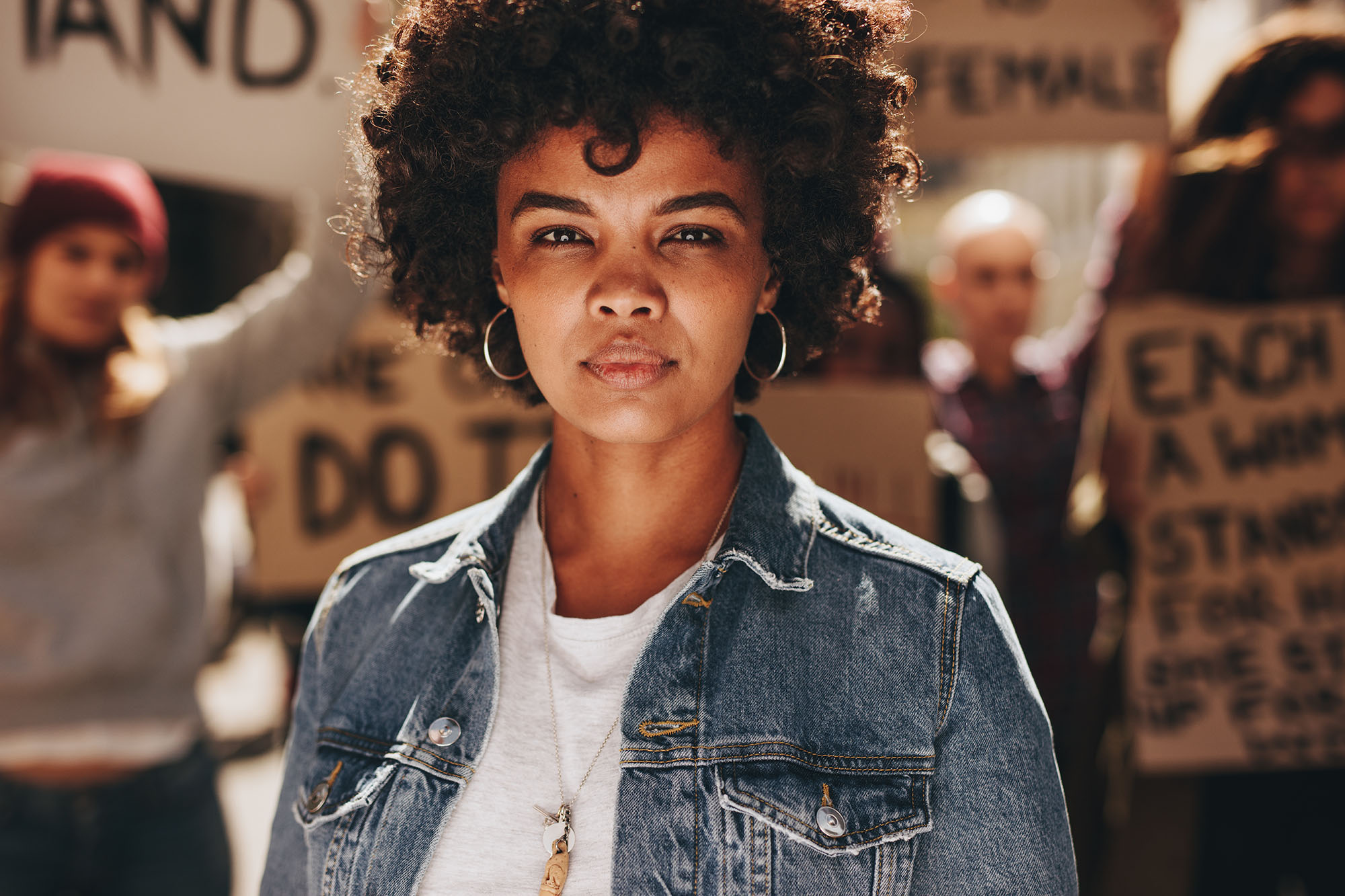TIME’S UP Legal Defense Fund™ – Housed and Administered by the National Women’s Law Center Fund – Supports New Sexual Harassment Charges Against McDonald’s By Workers Across the Country
(Washington, D.C.) Today 25 new sexual harassment charges and lawsuits – in 20 cities across the country – were announced against McDonald’s, alleging sexual harassment in both the corporation and its vast chain of restaurants. The combination of suits and U.S. Equal Employment Opportunity Commission (EEOC) charges were brought by the Fight for $15 organization, with legal support from the ACLU and the firms of Altshuler Berzon LLP and Outten & Golden LLP, and financial support from the TIME’S UP Legal Defense Fund™, which is housed and administered by the National Women’s Law Center Fund.
The allegations are appalling. In several instances, women reporting harassment faced retaliation, including being fired or given fewer work hours. For example, a single mother in Kansas City, Missouri, was forced to quit her job after being accused of setting up her area manager when she reported the repeated sexual harassment she endured by him. Another woman in Sanford, Florida, experienced repeated assault by her male co-worker which resulted in her managers cutting her hours to as little as seven per week – down from an average of 24 – after she reported it.
The current charges against McDonalds are emblematic of the continuing epidemic of sexual harassment and assault in this country, especially facing low-wage workers, and the lack of action by employers to immediately correct environments and staff that perpetuate this abuse. In fact, similar sexual harassment complaints were filed against McDonald’s restaurants in May 2018. In the year since, despite these allegations and the national calls for change, the company has failed to address the pervasive problem of sexual harassment across its restaurant chain.
“It’s a brutal reality across the fast food industry that at least one in four workers—especially women of color working low-wage jobs—experience sexual harassment as a routine part of their job,” said Sharyn Tejani, Director of the TIME’S UP Legal Defense Fund. “Every day, workers are forced to choose between getting a paycheck or speaking up about their abuse. When they report harassment, workers are often fired or have their shifts cut—and since nothing is done to stop it, the scourge continues. Few women working low-wage jobs have the financial security to challenge their harassment. By funding the legal representation of several workers at McDonald’s, we see potential for these charges to be a catalyst for significant change.”
There are over 23 million workers in the low-wage workforce—and two-thirds of them are women. A report by NWLC found that cases of harassment at workplaces like McDonald’s are far too common, with the largest share of all sexual harassment charges filed by women at the EEOC between 2012 and 2016 coming from the food service industry. The abuse is compounded by the fact that across the industry, low-wage women workers at McDonald’s and elsewhere are typically paid $11.50 per hour or less and are typically paid 15 percent less than their male counterparts, with this gap even larger for women of color.
“Faced with low wages, uncertain scheduling practices, and minimal benefits across the fast food landscape, it should be no surprise that women workers are at such high risk for sexual harassment,” said Fatima Goss Graves, President and CEO of NWLC. “But the harassment they face is just part of a system in this country that unjustly targets low-wage workers and women broadly. From a lack of affordable childcare to rising housing costs, the deck is stacked against women and girls. It’s long overdue for employers and leaders everywhere to pay attention to this crisis and take immediate action. We won’t stop fighting until all people can have safe and respectful workplaces, and women and girls can live with dignity, safety and equality.”
###
For immediate release: May 21, 2019
Contact: Inés Rénique ([email protected])




